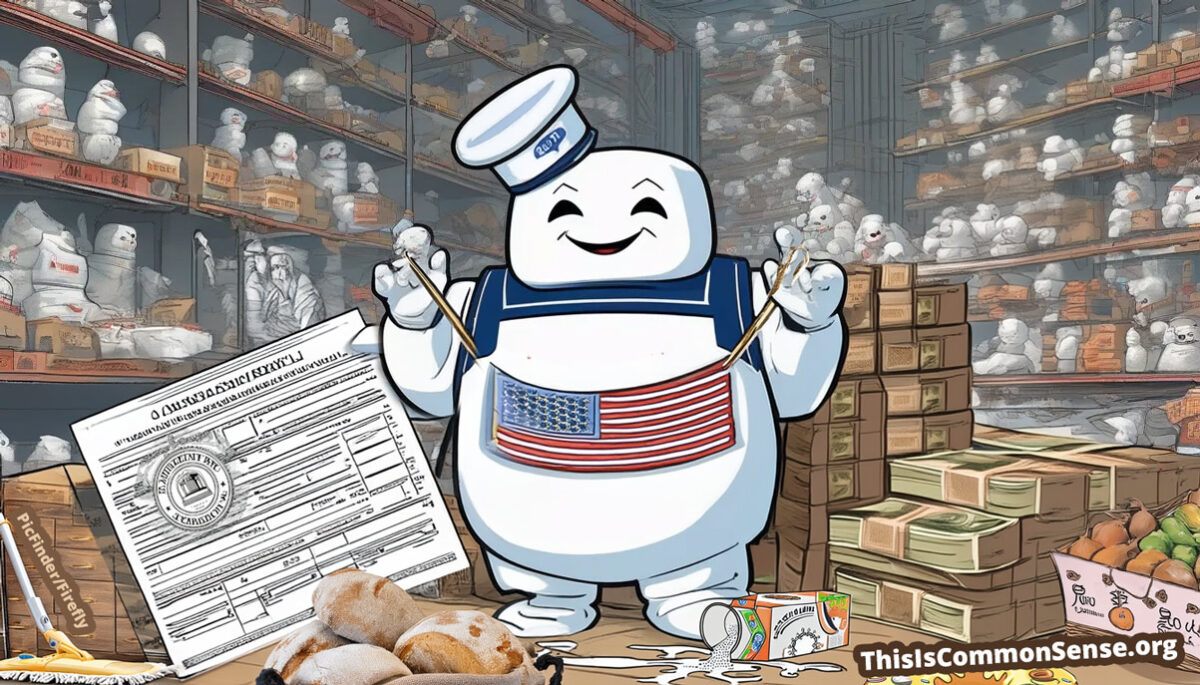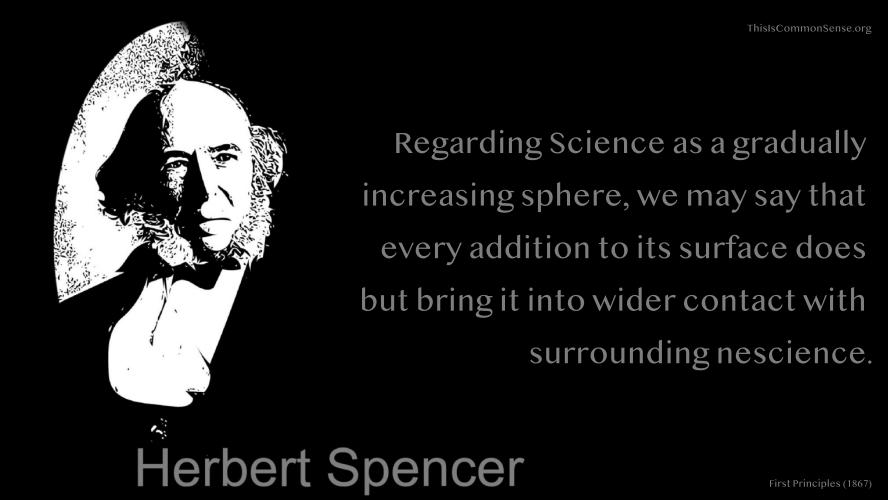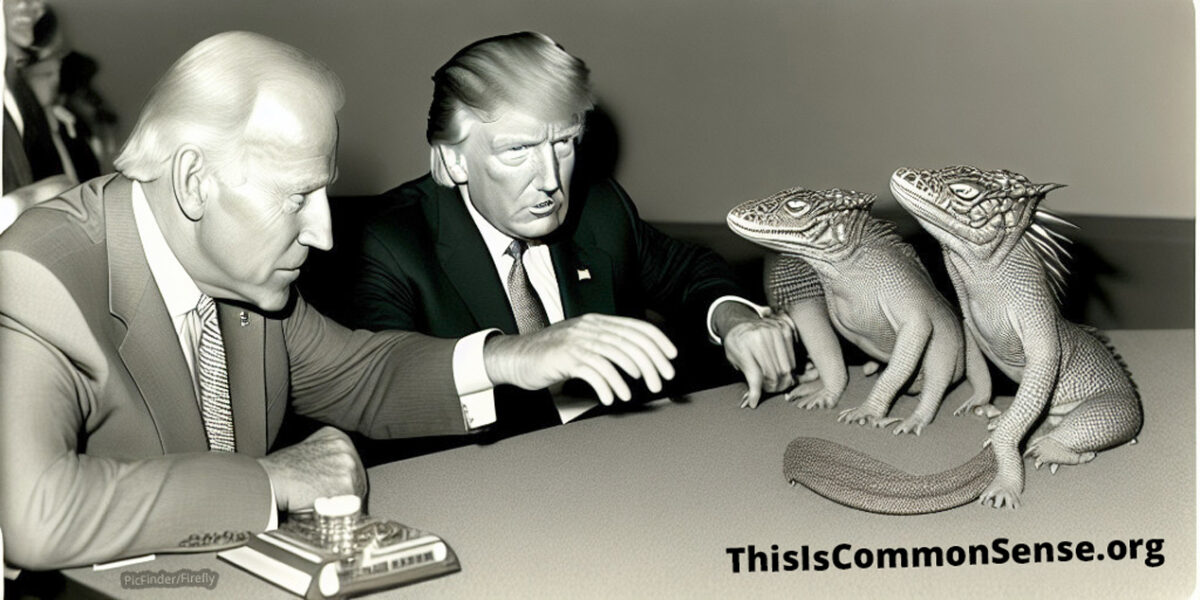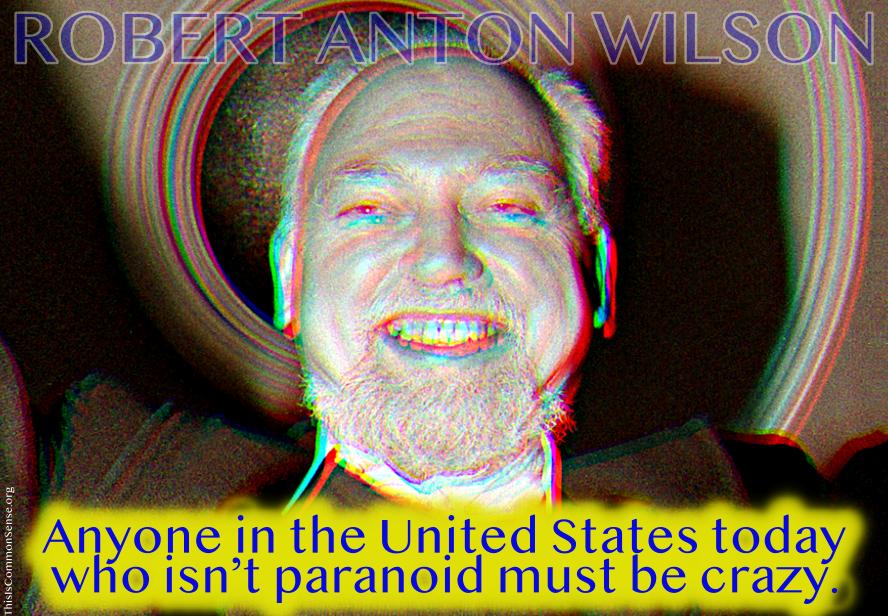“It was perhaps just a matter of time before issues of health — not policies over health-care provision but actual human health — would enter into our politics,” surmises Jeffrey A. Tucker in The Epoch Times. “We look at pictures of people in cities or at the beach in the 1970s and compare them with today and the results are shocking. We have changed as people and for the worse.”
Jeff Tucker is trying to explain the background for a big policy-interest shift, as a result of the Robert F. Kennedy, Jr., endorsement of Donald J. Trump. Kennedy’s big issue is health, and Trump’s gone along with it, willing to make it a part of his agenda.
In “How Did Health Become a Political Issue?” Tucker focuses first on the COVID debacle, moving on to the real culprit: government.
Or, technically, government and industry, combined into one huge Stay Puft Marshmallow of Destruction. For behind our changing eating patterns and food habits are government tariffs, subsidies, researchstrategies, diet crazes, and much, much more.
Perhaps even bigger than Big Pharma is Big Agribiz, a conglomerate of companies pushing lab-created additives and worse on a trusting public, or, as Tucker puts it, “many decades of heavy government subsidies for the worst food, and so much in the way of corn, soy, and wheat are produced that we’ve invented new ways to use it.”
But it’s not really “we’ve.” The Standard American Diet (SAD) wouldn’t have existed were it not for the USDA and the FDA and a whole alphabet soup of bureaus captured by the industries they were assigned to regulate, working together in a Big Biz/Gov partnership to create a Big Problem in the general population.
Somehow, though, when asked about the government causes of SAD, RFKj said he wouldn’t abolish anything. He merely wants “better regulations.”
Someone needs a fast …from Big Government.
That someone? Kennedy.
And America.
This is Common Sense. I’m Paul Jacob.
PDF for printing
Illustration created with PicFinder and Firefly
—
See all recent commentary
(simplified and organized)
See recent popular posts





